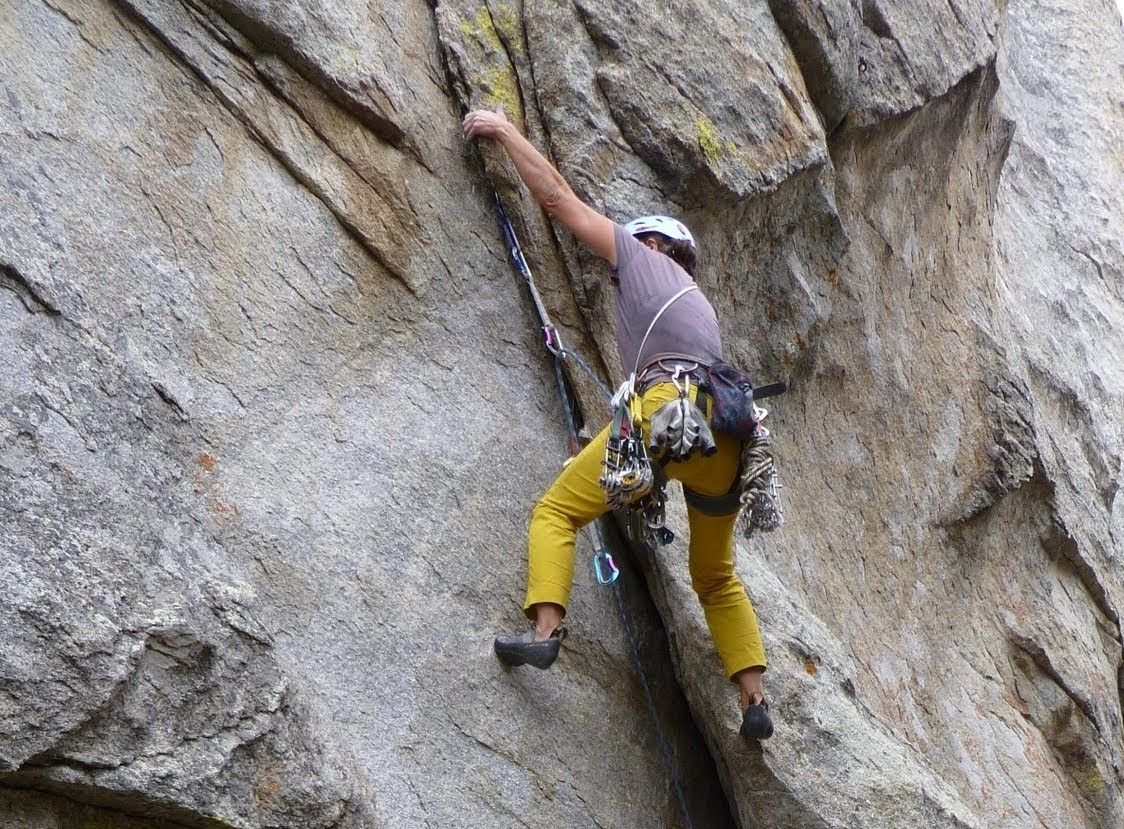
I draw my sword, and then I remember defensiveness doesn’t build connection—it stokes fear.
I am in a bi-monthly meeting with a leader. I have been hired to design and deliver a leadership development program.
The topic for our next session is “active listening.” Through our conversations, I ask questions to understand how the leader implements this skill, and with permission, will share these stories as examples for the team.
I ask, “How do you use active listening in your daily practice?”
I instantly feel a chill as the leader leans forward to action instead of back in contemplation. The question is direct and intended to create conversation. It has the opposite effect. I sense them put on their armor and draw their sword.
They retort, “I want them to learn the skills. I have already gone through a program like this.”
When a comment, look, or experience strikes us in a way that consciously or unconsciously hurts, our body and brain move to protect and defend.
I feel an accumulating pressure in my chest. I think, “They misunderstand me.” I sense myself lean forward to meet them. I pull my shoulders back and push out my chest slightly. I stiffen to defend. I draw my sword of truth.
As my mouth opens to speak, to meet their blade and clarify, pain flashes through my heart. The sensation in my chest implodes and tightens. I recognize this feeling. It is an old wound pulsing to remind me.
Slowly, I sheath my sword. I settle back into my chair, back into my body, and remember:
The time I went above my sponsor to her boss and burned that bridge forever. Another time I sent my recommendations to a client for a leadership development program that met my criteria but fell short of their need. And again, when I taught a workshop for many that only a few could grasp.
The wound is powerful and something both my body and brain remember. The wound generates empathy for our shared defense systems. For thinking my truth is the truth.
I slow down the conversation. I take a breath and feel it in my chest, back, and sides, and respond, “Let me see if I understand you…”
I repeat where we have been so far, the point of our meeting, and how we came to this place. This is active listening. The review reminds me of my purpose and helps me settle in my body.
He sits back, nods in agreement, and settles in his body. We sheath our swords. The armor loosens. The pressure in my chest dissipates.
Humans are psychobiological organisms. If we sense confusion, defensiveness, or challenge, our physiology responds. Our body initiates our hardwired, automatic survival response.
This response is difficult to bypass. Once you know what to look for, it is easy to notice. But it is hard to stop unless you practice.
I know this. And the pressure in my chest is compelling.
The mind lives in the dark hole of our skull and only knows what happens in the world through sensation. It gathers sensate data and then pulls from historical experience. It responds with action. It draws its sword: this sensation means I do that.
If I didn’t know the prescient sensations in my body before I defend, I would not be able to stop. The moment to choose a new response would pass by too quickly.
If you linger, your mind compels your body into action.
If I didn’t pause in that meeting, I would have drawn my sword and defended my question in a very cordial and informed way. They would respond more emphatically. This back-and-forth would go on until the meeting was over and our time to understand each other had passed.
We have felt this. The swordplay of defend and protect. It is a waste of energy and time.
To shift this pattern, observe when you defend. Ask yourself, what is at stake for me? Internally, notice and name the sensations in your body. Then pause. If you are not used to taking space to regain your dignity, the pause will feel uncomfortable. Be prepared for the insistence of your body and mind that your truth is the truth.
If you succeed in the pause, pull your intuition, questions, and concerns back inside. Breathe. Settle. Reflect. Then, ask a question: “Tell me again what you believe.” Or, play their words back to them: “Let me see if I understand.”
Through practice, you build the resilience to survive the discomfort that arises from a new choice—to sheath your sword, be curious, and build connection, or fall on your sword, apologize, and maintain the connection.
Be accountable to yourself. You have this skill. The pause is your birthright. Stand for it. Value your skills as if they were gifts—because they are. Practice regularly.
If this practice eases the pain of the wound for one person, in one moment, this article has benefit.










Read 5 comments and reply